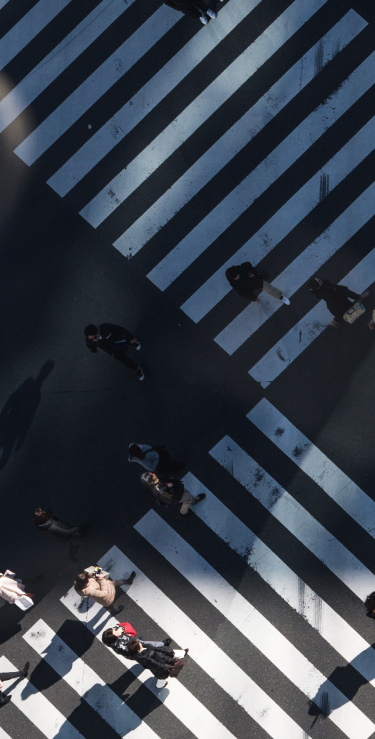#Çözümlerimiz
Bindewald & Gutting: “25 yılı aşkın süredir risk yönetiminde desteklendiğimizi ve anlaşıldığımızı hissediyoruz”
Almanya’nın en büyük aile işletmesi un üretim tesisi grubu, 25 yılı aşkın süredir Coface’a güveniyor. Yurtdışında da faaliyet gösteren şirket, ticari alacak sigortasını Coface Premium Hizmetleri ile güçlendirerek proaktif risk yönetimi ve özel destek elde ediyor. Bindewald & Gutting Grubu, Coface’ın uzmanlığından nasıl faydalandıklarını, işlerini nasıl geliştirdiklerini ve müşteri risklerini nasıl etkin şekilde yönettiklerini anlatıyor.







